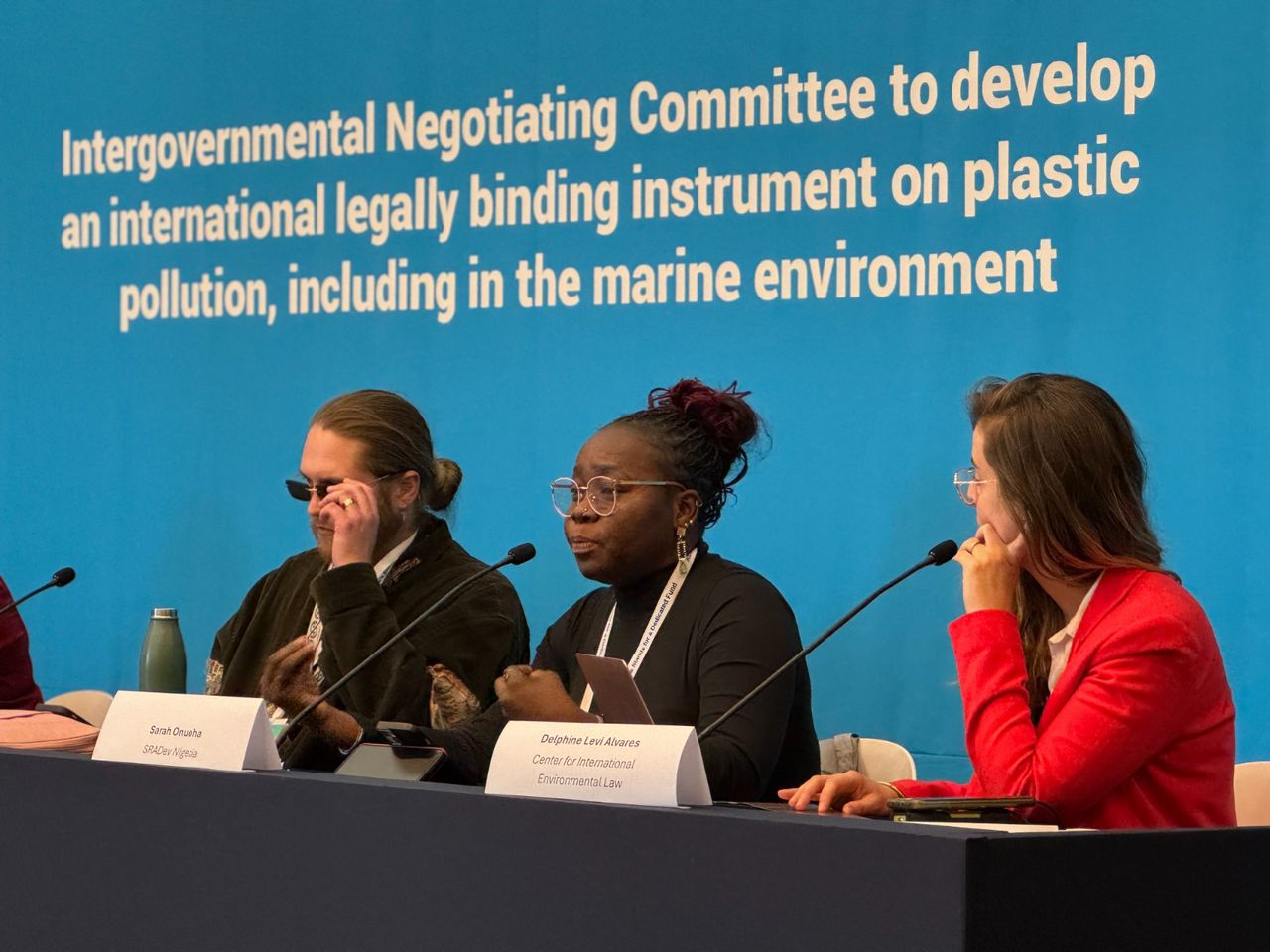
By Fatima Saka
As the year 2024 nears its end and preparations for the 2025 budget appropriation begin, the National Assembly’s review of the 2024 fiscal year has brought a contentious issue into focus. Despite reporting significant revenue surpluses, the Federal Government’s continued reliance on foreign loans has raised questions among lawmakers and sparked public debate.
Revenue Surpluses Exceed Expectations
During an interactive session on Monday with the National Assembly’s joint Committees on Finance, Budget, and National Planning, federal agencies disclosed remarkable revenue achievements for 2024.
The Federal Inland Revenue Service (FIRS) reported generating N1.5 trillion in education tax revenue, far exceeding its ₦70 billion target.
The Nigerian National Petroleum Company Limited (NNPCL) surpassed its N12.3 trillion target, generating N13.1 trillion.
The Nigeria Customs Service collected N5.35 trillion by September, exceeding its N5.09 trillion target.
Overall, the Federal Government generated N18.5 trillion in revenue as of September 30, approaching its N19.4 trillion annual target.
Lawmakers Question Borrowing
Despite these impressive figures, legislators expressed frustration over President Bola Tinubu’s requests for foreign loans. Senator Adamu Aliero (PDP, Kebbi Central) questioned the rationale, asking, “What is the Federal Government doing with excess revenues generated by various agencies in view of its unending request for foreign loan approval?”
Senator Sani Musa, who chaired the session, echoed similar concerns, criticizing the government’s borrowing dependence despite substantial internally generated revenue (IGR).
Government’s Defense
Responding to the concerns, FIRS Chairman Zacch Adedeji clarified that borrowing is a component of the Appropriation Act approved by the National Assembly. “Exceeding revenue targets does not negate the borrowing already authorized by the legislature,” Adedeji stated.
Minister of Budget and Economic Planning, Senator Atiku Bagudu, and Minister of Finance and Coordinating Minister of the Economy, Mr. Wale Edun, also defended the borrowing strategy. Bagudu explained that the ₦35.5 trillion 2024 budget includes a N9.7 trillion deficit that requires external funding. He emphasized that borrowing supports productivity and aids the poorest and most vulnerable Nigerians. The government, he added, aims for a GDP per capita of $33,000 by 2050 as part of its long-term development agenda.
Public-Private Partnership Concerns
The session also spotlighted controversial Public-Private Partnership (PPP) arrangements, such as the one between the Immigration Service and a consultancy firm for passport production. Under this agreement, 70% of revenue went to the consultancy firm, leaving only 30% for the government. Senator Musa criticized the deal, stating, “This PPP must be reviewed or cancelled because Nigerians are being short-changed.”
Ongoing Debates
As deliberations continue, the government’s fiscal strategies remain under intense scrutiny. Lawmakers and citizens alike are questioning the justification for foreign borrowing in light of rising revenue surpluses.
The debates highlight a broader concern about fiscal responsibility and the need for transparency in managing public funds.



